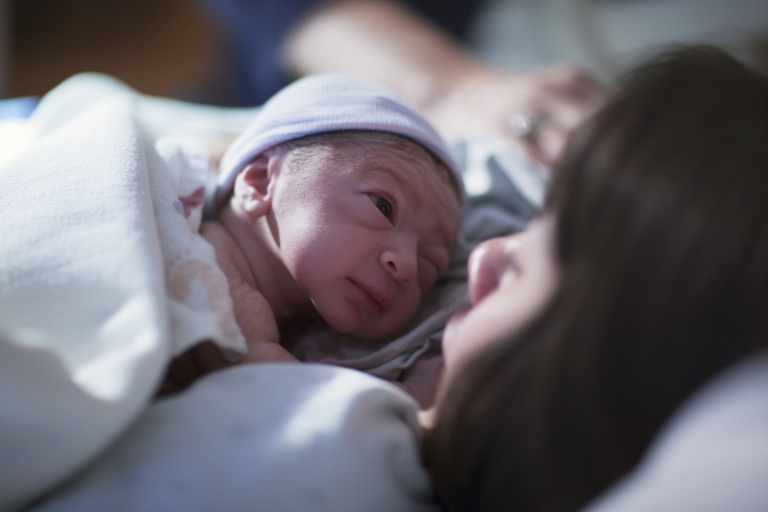New study links emergency C-sections with a higher risk of postnatal depression

Image: Enzo Nguyen@Tercer Ojo Photography/IStock.com via AFP Relaxnews
New United Kingdom research has found that women who undergo an unplanned caesarean section, or C-section, could be more likely to suffer from postnatal depression.
Carried out by researchers at the University of York, the new study looked at data from 5,896 first-time mothers taking part in the UK Millennium Cohort Study, which is a study representative of the U.K. population.
The women were interviewed when their babies were 9 to 11 months old about the circumstances of their pregnancy and birth, as well as the health conditions of the family.
The findings, published in the Journal of Health Economics, showed that mothers who give birth via an unplanned C-section appear to be 15 percent more likely to experience postnatal depression.
The authors say the findings are significant as numbers of C-section deliveries, usually carried out because of complications during labor, has increased dramatically across the world in recent years, becoming one of the most frequently performed surgical procedures.
In England, 165,000 C-section deliveries are performed every year, and among these about 25,000 are unplanned.
The research also included a larger sample size than previous studies in this area, which have often been based on small sample sizes from single hospitals, with study author Dr. Valentina Tonei commenting that “The findings of this study are striking because they provide evidence of a causal relationship between emergency C-sections and postnatal depression.”
“This has important implications for public health policy, with new mothers who give birth this way in need of increased support,” said Dr. Tonei. “The effects of postnatal depression can be far reaching, with previous studies suggesting that it can have a negative effect, not just on the health of the mother and her relationships with her partner and family members, but also on the baby’s development. Mothers who experience postnatal depression are also less likely to go on to have more children.”
“Unplanned caesareans may have a particularly negative psychological impact on mothers because they are unexpected, usually mentally and physically stressful and associated with a loss of control and unmatched expectations,” explained Dr. Tonei, adding that, “We hope this new evidence brings the impact on mothers’ mental health into the spotlight.” JB
RELATED STORIES:
Pea-sized pill delivers insulin shot from inside the stomach
Children’s exposure to air pollution at school linked to higher risk of obesity